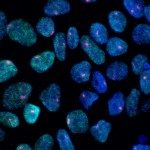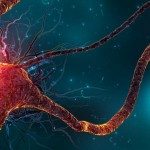Présentation
The sense of smell has to deal with numerous odors which can trigger various affective responses. We like or dislike a given odorant even before recognizing the nature of the smell. As a result of this inherent evaluation, an appropriate behavior, vital for the survival of the mammal, is triggered to either avoid or approach the scented cue. The olfactory bulb (OB) is the first central relay of the olfactory system where olfactory cues trigger complex responses encoding specified attributes such as identity, category or quantity of odorants. In addition, these odor-evoked bulbar responses are sculpted by massive top-down inputs that are thought to bring cognitive and affective dimensions according to the needs, the experience and the environment of the receiver. However, the circuit mechanism of this intricate processes in which bottom-up (i.e., sensory inputs) and top-down inputs participate cooperatively to the processing of olfactory sensory information is not known. In this project, we seek to decipher how affective attributes are encoded early in the olfactory system, starting from the OB, and how such enrichment of the sensory content participates to behavioral responses. Using cutting-edge techniques such as optogenetics, in vivo electrophysiological recordings and imaging applied to awake animals and also psychophysics and behavior, we will examine the circuit mechanisms and the consequences of affective encoding in the olfactory system, with a particular focus on the contribution of OB interneurons in encoding top-down information. We will also examine how the affective dimension of a given odorant is established and might be transformed during a depressive state of the animal.











